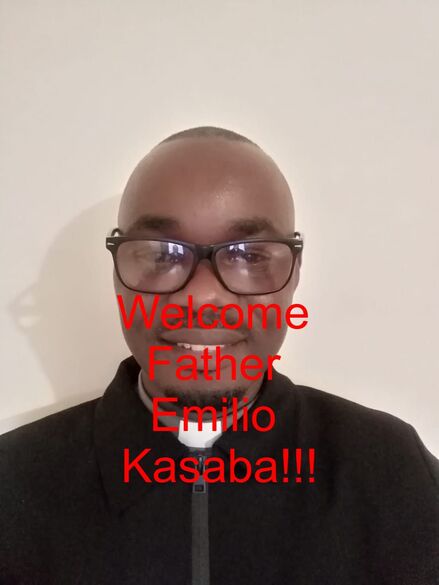|
“One hundred years ago, Madiba was born in the village of M – oh, see there, I always get that – (laughter) – I got to get my Ms right when I’m in South Africa. Mvezo – I got it. (Cheers and applause.) Truthfully, it’s because it’s so cold my lips stuck. (Laughter.) So in his autobiography he describes a happy childhood; he’s looking after cattle, he’s playing with the other boys, eventually attends a school where his teacher gave him the English name Nelson. And as many of you know, he’s quoted saying, “Why she bestowed this particular name upon me, I have no idea.
There was no reason to believe that a young black boy at this time, in this place, could in any way alter history. After all, South Africa was then less than a decade removed from full British control. Already, laws were being codified to implement racial segregation and subjugation, the network of laws that would be known as apartheid. Most of Africa, including my father’s homeland, was under colonial rule. The dominant European powers, having ended a horrific world war just a few months after Madiba’s birth, viewed this continent and its people primarily as spoils in a contest for territory and abundant natural resources and cheap labor. And the inferiority of the black race, an indifference towards black culture and interests and aspirations, was a given In those nations with market-based economies, suddenly union movements developed; and health and safety and commercial regulations were instituted; and access to public education was expanded; and social welfare systems emerged, all with the aim of constraining the excesses of capitalism and enhancing its ability to provide opportunity not just to some but to all people. And the result was unmatched economic growth and a growth of the middle class. And in my own country, the moral force of the civil rights movement not only overthrew Jim Crow laws but it opened up the floodgates for women and historically marginalized groups to reimagine themselves, to find their own voices, to make their own claims to full citizenship. It was in service of this long walk towards freedom and justice and equal opportunity that Nelson Mandela devoted his life. At the outset, his struggle was particular to this place, to his homeland – a fight to end apartheid, a fight to ensure lasting political and social and economic equality for its disenfranchised non-white citizens. But through his sacrifice and unwavering leadership and, perhaps most of all, through his moral example, Mandela and the movement he led would come to signify something larger. He came to embody the universal aspirations of dispossessed people all around the world, their hopes for a better life, the possibility of a moral transformation in the conduct of human affairs. Do you remember that feeling? It seemed as if the forces of progress were on the march, that they were inexorable. Each step he took, you felt this is the moment when the old structures of violence and repression and ancient hatreds that had so long stunted people’s lives and confined the human spirit – that all that was crumbling before our eyes. And then as Madiba guided this nation through negotiation painstakingly, reconciliation, its first fair and free elections; as we all witnessed the grace and the generosity with which he embraced former enemies, the wisdom for him to step away from power once he felt his job was complete, we understood that – (applause) – we understood it was not just the subjugated, the oppressed who were being freed from the shackles of the past. The subjugator was being offered a gift, being given a chance to see in a new way, being given a chance to participate in the work of building a better world. Madiba reminds us that: “No one is born hating another person because of the color of his skin, or his background, or his religion. People must learn to hate, and if they can learn to hate, they can be taught to love, for love comes more naturally to the human heart.” Love comes more naturally to the human heart, let’s remember that truth. Let’s see it as our North Star, let’s be joyful in our struggle to make that truth manifest here on earth so that in 100 years from now, future generations will look back and say, “they kept the march going, that’s why we live under new banners of freedom.” Thank you very much, South Africa, thank you”. President Barack Obama
0 Comments
Leave a Reply. |
AuthorChrist is Lord! Archives
April 2024
Categories
All
|

 RSS Feed
RSS Feed
